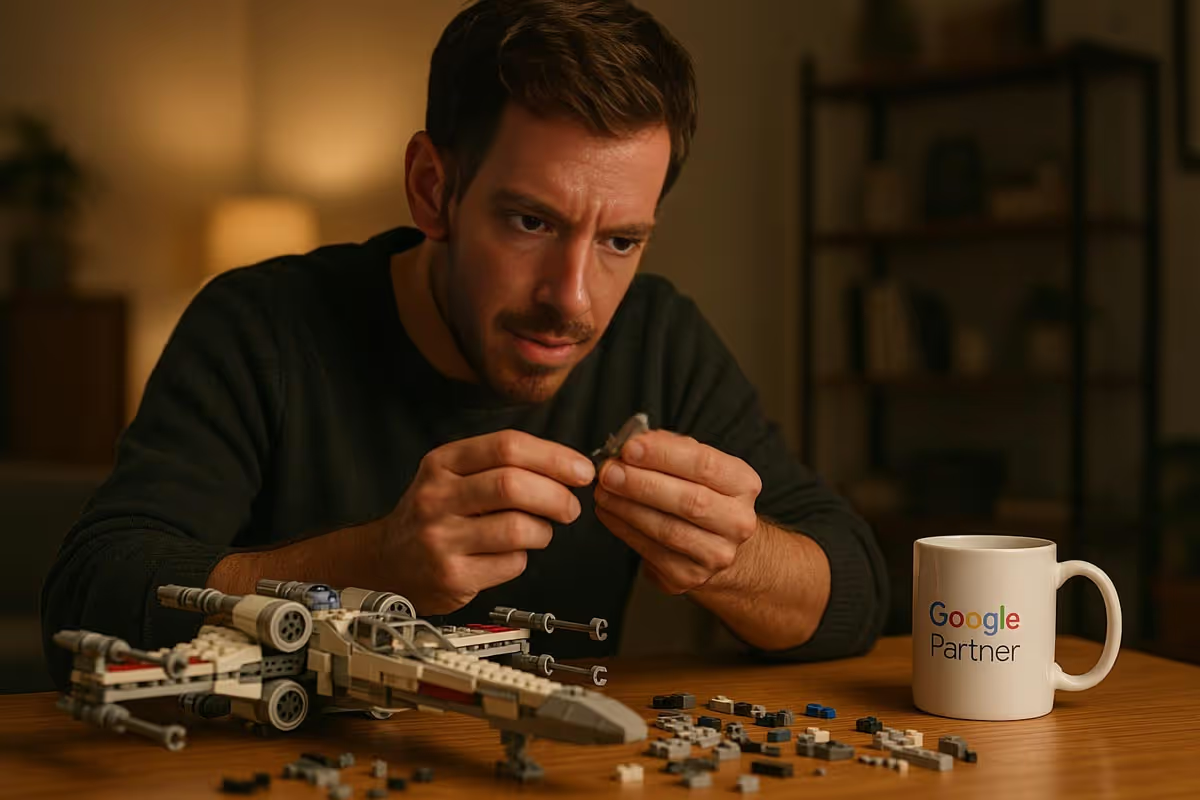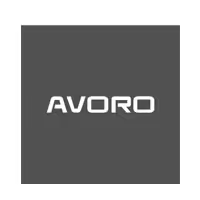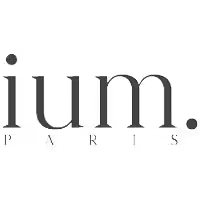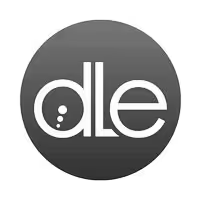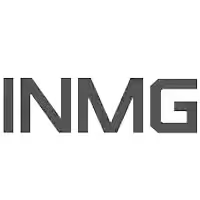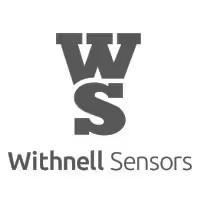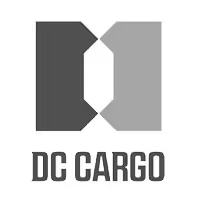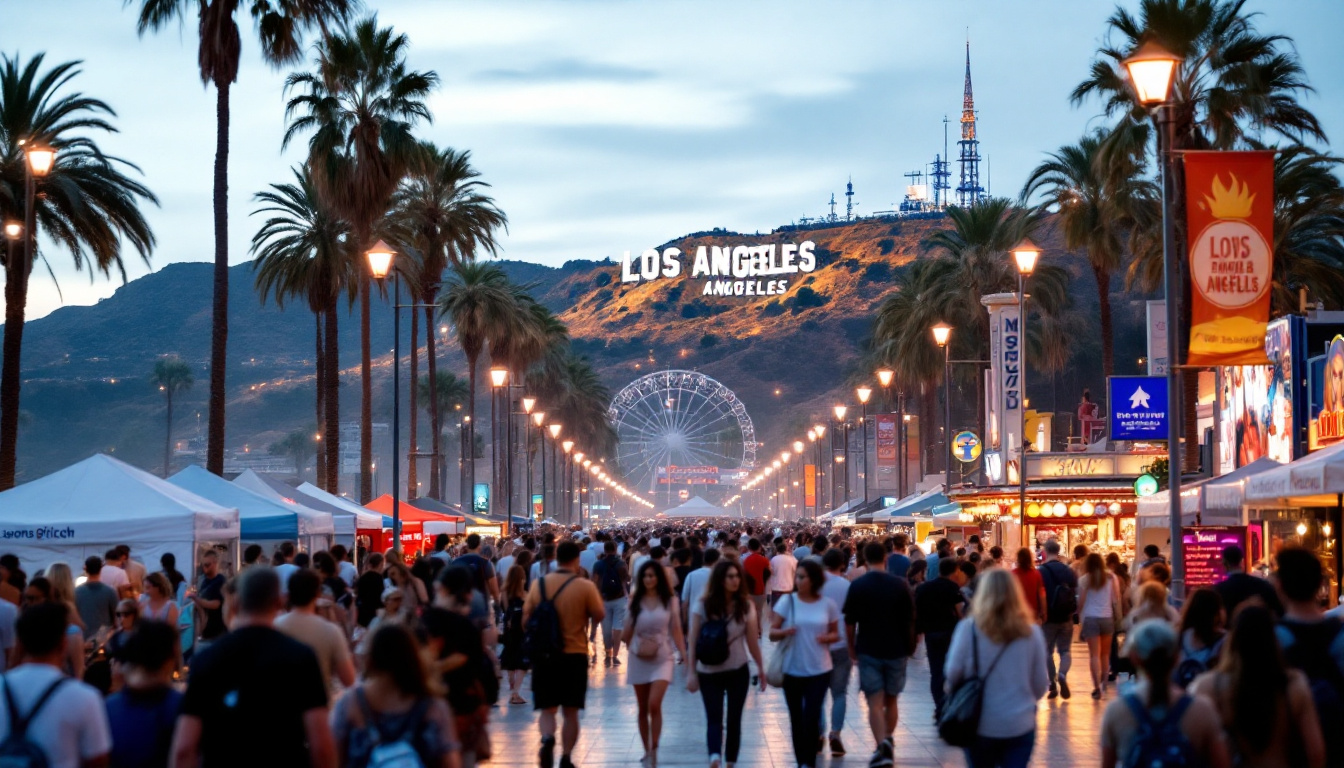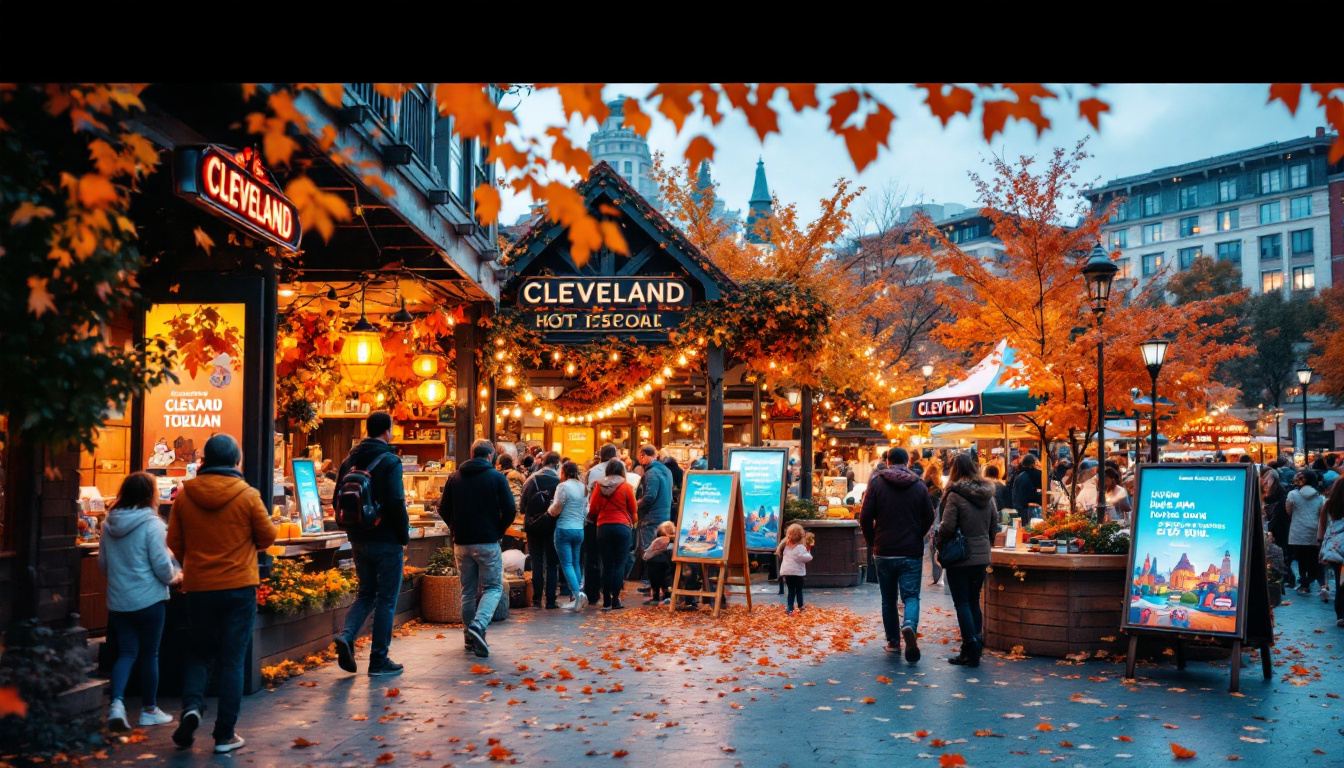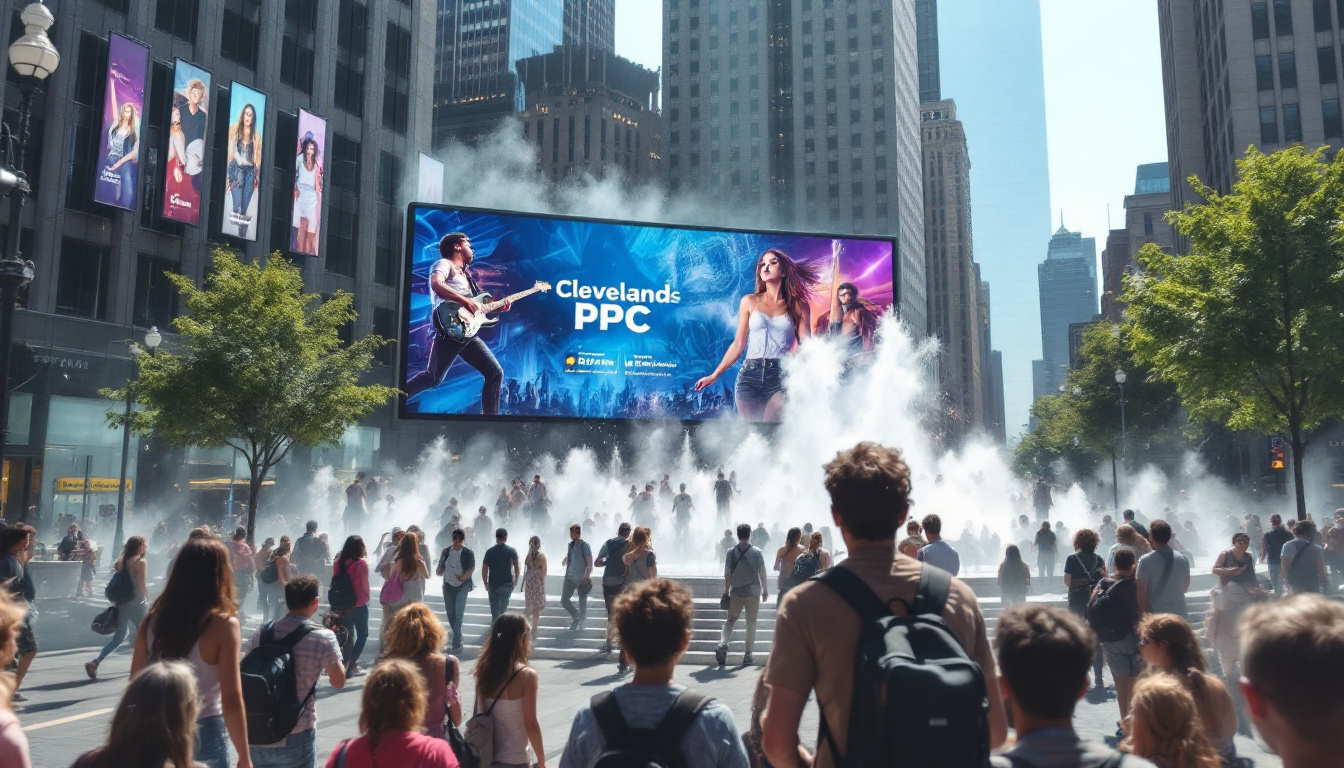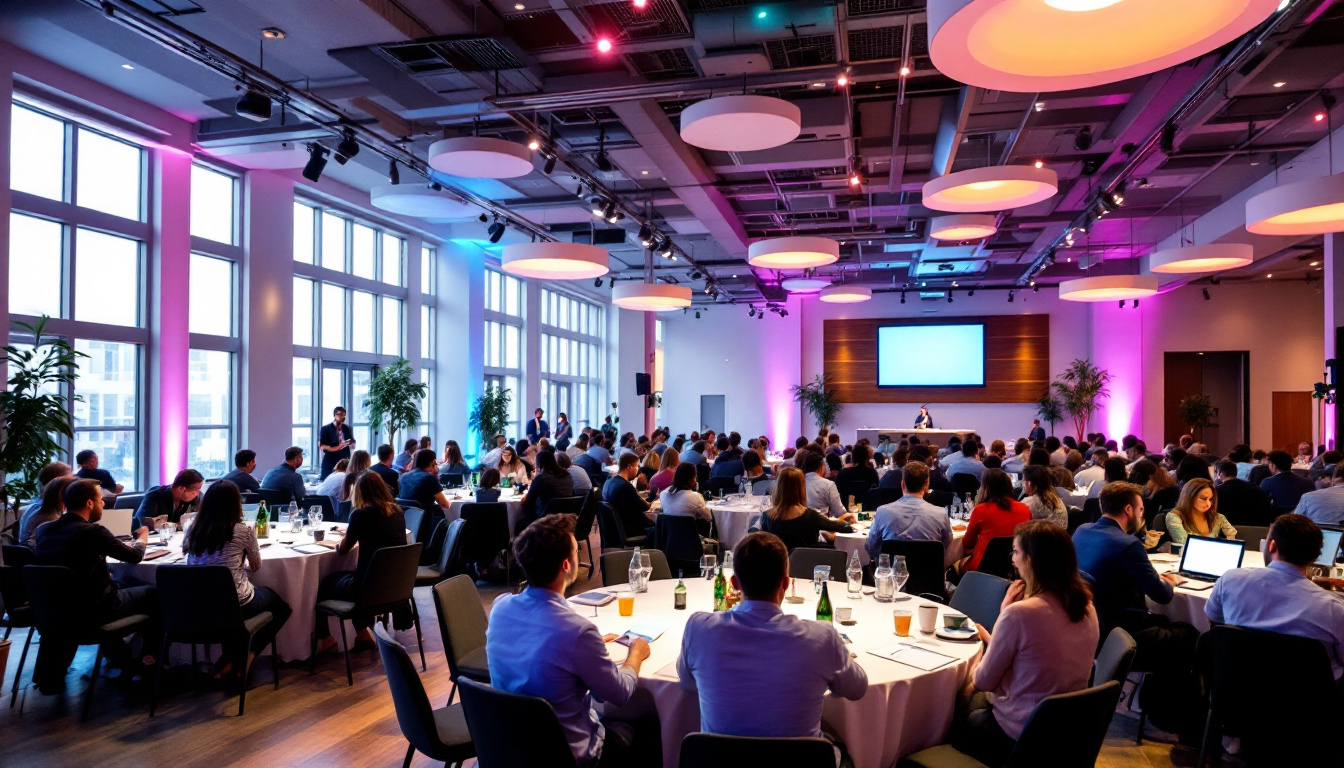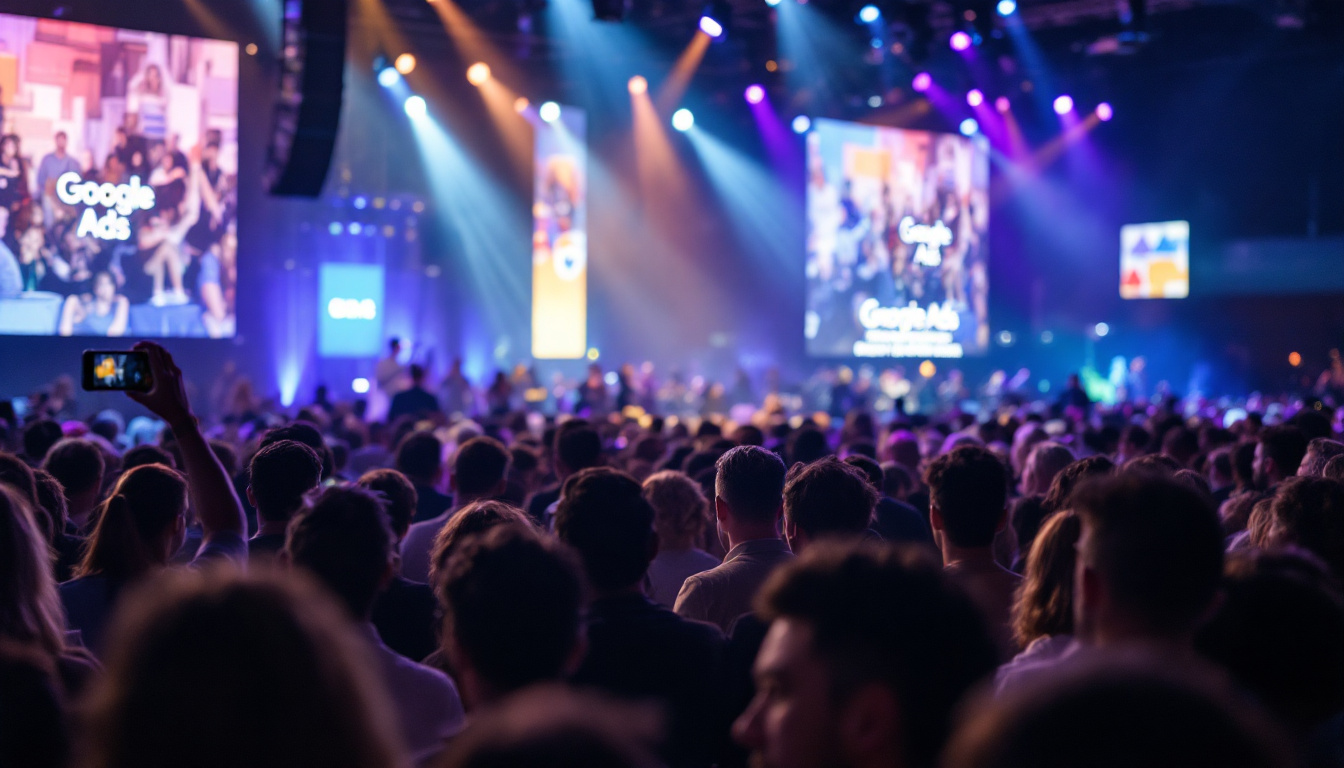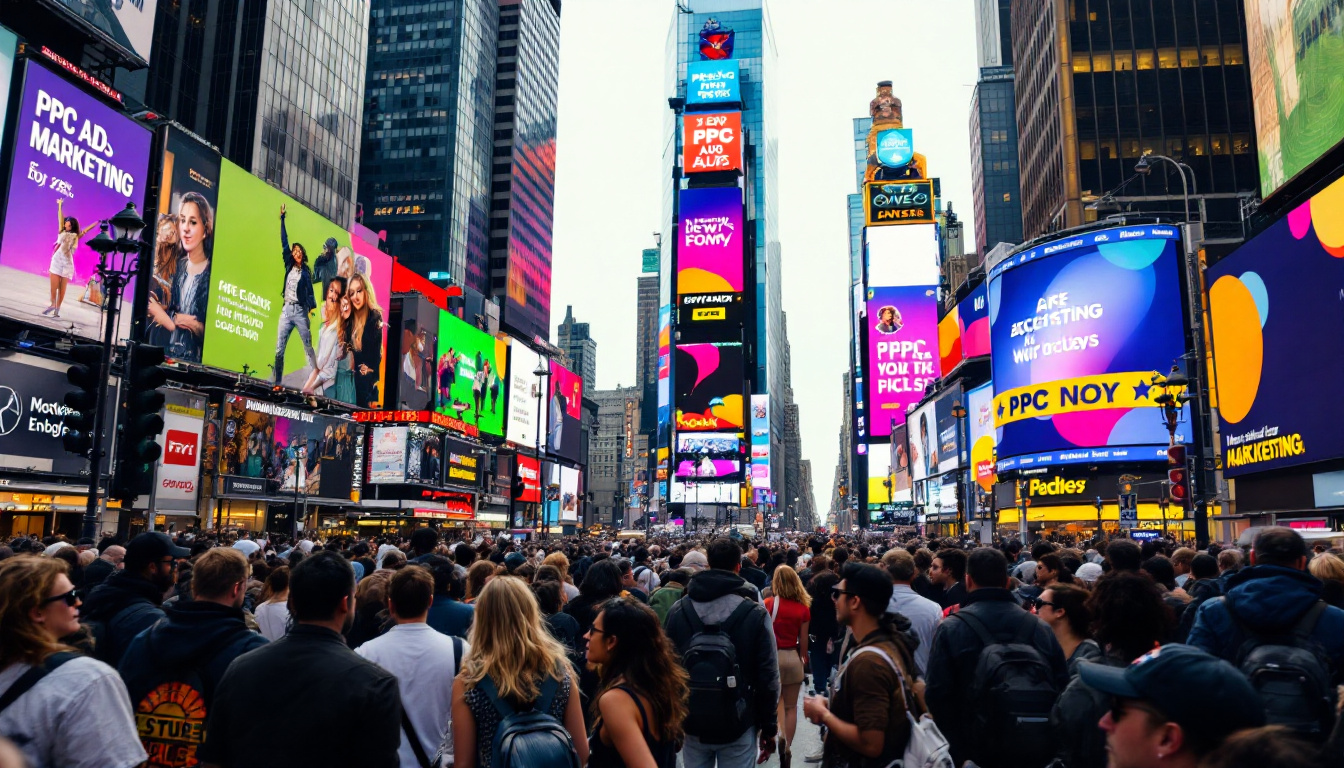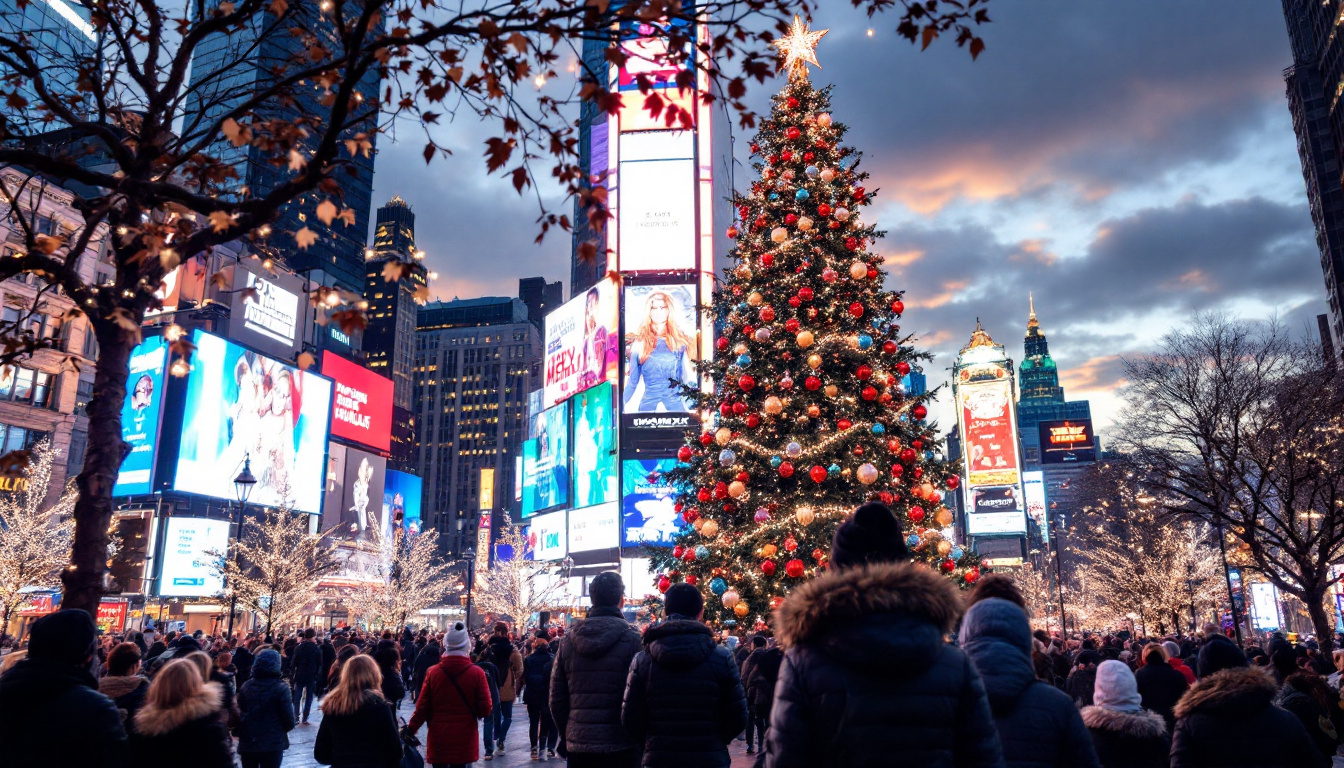Maximizing Springfield’s Tourism: The Role of PPC in Highlighting Seasonal Events and Festivals

In today’s digital landscape, promoting tourism has evolved significantly due to the rise of online marketing. Pay-per-click (PPC) advertising has emerged as a vital tool, especially for cities like Springfield looking to maximize their tourism potential. This article explores how PPC can effectively highlight seasonal events and festivals, drawing in tourists while benefiting local businesses.
Understanding the Power of PPC in Tourism Marketing
The Basics of PPC
PPC advertising is a model where marketers pay a fee each time their ad is clicked. This approach allows for a targeted reach with a focus on immediate visibility, which is essential in the competitive tourism market. For Springfield, utilizing platforms like Google Ads and social media channels can bring the city's festivals directly to potential visitors’ screens. By leveraging eye-catching visuals and compelling ad copy, Springfield can effectively showcase its unique attractions, such as local art fairs, music festivals, and culinary events, enticing travelers to explore all that the city has to offer.
The core of PPC lies in its bidding strategy. Advertisers bid on keywords related to their offerings, ensuring that their ads appear when users search for terms associated with seasonal events in Springfield. This model not only promotes visibility but also drives traffic to websites, helping increase attendance at events. Moreover, with the ability to track and analyze ad performance in real-time, marketers can make data-driven adjustments to their campaigns, optimizing for better results and ensuring that their advertising spend is utilized effectively.
Why PPC is Essential for Tourism
The tourism sector thrives on visibility; if potential tourists don’t know about Springfield’s offerings, they won’t visit. PPC allows for precise targeting of audiences based on search behavior, demographics, and geographic locations. This targeting is crucial for maximizing the impact of marketing budgets. For instance, targeting families searching for summer vacation ideas or couples looking for romantic getaways can significantly enhance the relevance of the ads, leading to higher click-through rates and conversions.
Additionally, PPC campaigns can be tailored to align with specific seasonal events, creating a sense of urgency that encourages immediate action. This responsiveness is vital during peak travel planning seasons, making PPC an indispensable part of any comprehensive tourism marketing strategy. Furthermore, the integration of remarketing strategies can keep Springfield top-of-mind for users who have previously shown interest, reminding them of the exciting experiences they can enjoy. By continuously engaging potential visitors, Springfield can build a strong brand presence that resonates with diverse audiences, ultimately driving more tourists to its vibrant community.
The Impact of PPC on Springfield's Tourism
Boosting Visibility for Seasonal Events
Springfield hosts a variety of seasonal events throughout the year, from summer festivals to winter celebrations. PPC advertising boosts visibility for these events by ensuring that when potential visitors search for things to do in Springfield, the city’s festive offerings appear at the top of search results.
For instance, a well-structured PPC campaign can highlight the annual Springfield Summer Festival or the Harvest Festival, driving awareness and making these events a must-visit. The challenge lies in ensuring that the messaging captures the essence of these events, providing enough allure to draw in a diverse audience. Creative visuals and engaging ad copy can evoke the sights, sounds, and tastes of these festivals, enticing potential visitors to experience them firsthand. Additionally, incorporating user-generated content, such as testimonials and photos from past attendees, can enhance credibility and foster a sense of community around these events.
Attracting Tourists with Targeted PPC Campaigns
With the right keywords and ad copy, PPC campaigns can attract tourists from nearby cities, neighboring states, or even across the nation. For example, targeting families looking for summer activities or couples planning a romantic getaway can lead to increased interest in Springfield's festivals.
Utilizing geo-targeting features within PPC platforms allows marketers to serve ads specifically to users within a defined radius, ensuring that marketing efforts are focused where they are most likely to yield results. This strategic targeting is key to showcasing Springfield's unique offerings and maximizing tourism. Furthermore, seasonal promotions and limited-time offers can be highlighted in these campaigns, creating a sense of urgency that encourages immediate action. By analyzing data from previous campaigns, marketers can refine their strategies, adjusting bids and ad placements to optimize performance and ensure that Springfield remains a top-of-mind destination for travelers seeking memorable experiences.
Crafting Effective PPC Campaigns for Springfield's Festivals
Identifying Key Elements of a Successful Campaign
To craft effective PPC campaigns, it’s essential to identify key elements such as targeted keywords, ad format, and compelling calls to action. For Springfield’s events, using phrases like "family-friendly activities in Springfield" or "holiday festivities in Springfield" can capture the interest of potential visitors. Additionally, incorporating local landmarks or well-known attractions in the keywords can further enhance relevance, drawing in both residents and tourists who are searching for unique experiences in the area.

Furthermore, leveraging diverse ad formats such as text ads, display ads, and video ads can engage users in different ways. Display ads showcasing vibrant imagery from past events, along with enticing descriptions, can create a visual narrative that encourages participation. For example, a short video ad featuring highlights from last year’s festival, complete with joyful families, live music, and delicious food stalls, can evoke emotions and inspire viewers to attend this year’s festivities. By tapping into the community's spirit and showcasing the fun atmosphere, these ads can effectively resonate with the target audience.
Optimizing PPC Campaigns for Maximum Reach
Once campaigns are launched, optimization is crucial to ensure they deliver maximum reach and effectiveness. Analyzing data such as click-through rates (CTR), conversion rates, and lead quality can help marketers make informed adjustments. Moreover, utilizing A/B testing to compare different strategies can provide valuable insights into what resonates best with the audience. For instance, experimenting with various headlines or images can reveal which combinations drive the most traffic and engagement.
Testing different ad copies, landing pages, and audience segments can lead to significant improvements in performance. For instance, tweaking ad copy to emphasize limited-time deals during events may result in higher engagement and participation. Additionally, incorporating user-generated content, such as testimonials or photos from previous attendees, can build trust and authenticity. By showcasing real experiences, potential visitors may feel more inclined to join in, knowing that others have enjoyed the festival in the past. This approach not only enhances the campaign's credibility but also fosters a sense of community around Springfield's vibrant events.
Measuring the Success of PPC in Tourism Promotion
Key Performance Indicators for PPC Campaigns
To gauge the effectiveness of PPC campaigns focused on tourism, it’s important to employ various Key Performance Indicators (KPIs). These may include metrics such as CTR, cost per conversion, and overall return on ad spend (ROAS).
For tourism-related campaigns, tracking attendance at events, interactions on social media, and website visits stemming from ads can provide insight into campaign success. Evaluating these metrics enables decisions that improve future marketing strategies. Additionally, measuring customer engagement through metrics like bounce rates and time spent on the site can reveal how well the content resonates with potential travelers, allowing marketers to fine-tune their messaging and offers to better capture audience interest.
Furthermore, analyzing demographic data can uncover valuable insights about the target audience. Understanding who is clicking on the ads—such as their age, location, and interests—can help tailor campaigns to appeal to specific groups, ensuring that marketing efforts are not only reaching a broad audience but also engaging those most likely to convert into customers.
Interpreting PPC Data for Future Campaigns
Data analysis is a continuous process that helps refine PPC strategies. By interpreting collected data, businesses can identify patterns, understand what resonates with their audience, and adjust their approach accordingly.
For instance, if certain events experience higher engagement through specific keywords or ads, future campaigns can prioritize these insights, potentially driving increased interest and attendance. Additionally, segmenting data by device type can reveal trends in user behavior; for example, if mobile users are more likely to engage with certain ads, optimizing the mobile experience can lead to higher conversion rates. This kind of granular analysis not only enhances the effectiveness of future campaigns but also ensures that marketing budgets are allocated efficiently to maximize impact.
Moreover, A/B testing different ad formats and messaging can provide further clarity on what works best for the target audience. By experimenting with variations in headlines, images, and calls to action, marketers can gather actionable insights that inform not just PPC strategies but broader marketing initiatives as well. This iterative process of testing and learning is crucial in the fast-paced tourism industry, where trends can shift rapidly and consumer preferences evolve continuously.
Future Trends in PPC for Tourism Marketing
The Role of Mobile in PPC Campaigns
As technology evolves, mobile marketing is becoming increasingly crucial. With more people relying on their mobile devices to plan travel and find events, ensuring PPC ads are optimized for mobile is essential.

This includes designing mobile-friendly landing pages and utilizing ad formats that deliver a seamless experience across devices. As consumers continue to engage online primarily through their smartphones, mobile PPC strategies will become even more critical for Springfield's tourism marketing efforts.
The Impact of AI and Machine Learning on PPC
The rise of artificial intelligence and machine learning is poised to revolutionize PPC advertising. From automating bidding strategies to analyzing consumer behavior patterns, AI tools can enhance campaign effectiveness.
For Springfield, leveraging these technologies can lead to more personalized ad experiences for potential tourists, tailoring messaging based on user preferences and past behaviors. This ultimately drives more successful engagement and higher attendance rates at seasonal events.
In conclusion, PPC advertising is a powerful ally in promoting Springfield’s tourism. By applying effective strategies and continuously optimizing campaigns, the city can successfully highlight its diverse seasonal events and draw visitors year-round.

As a Google Ads expert, I bring proven expertise in optimizing advertising campaigns to maximize ROI.
I specialize in sharing advanced strategies and targeted tips to refine Google Ads campaign management.
Committed to staying ahead of the latest trends and algorithms, I ensure that my clients receive cutting-edge solutions.
My passion for digital marketing and my ability to interpret data for strategic insights enable me to offer high-level consulting that aims to exceed expectations.
Google Partner Agency
We're a certified Google Partner Agency, which means we don’t guess — we optimize withGoogle’s full toolkit and insider support.
Your campaigns get pro-level execution, backed by real expertise (not theory).
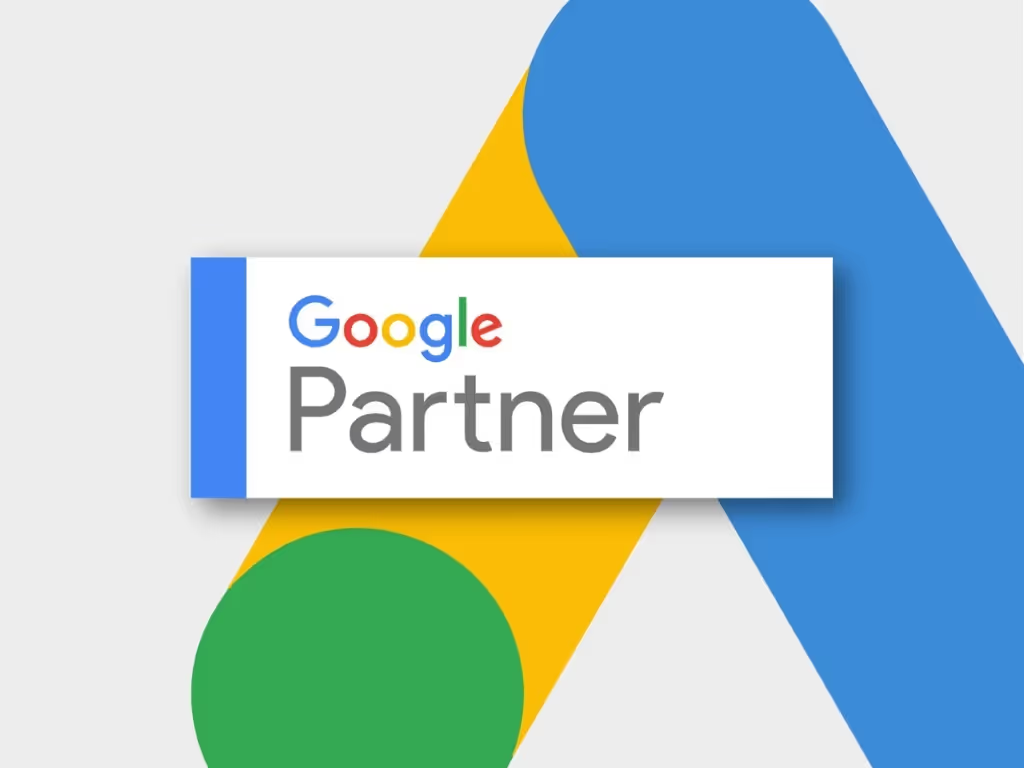
4.9 out of 5 from 670+ reviews on Fiverr.
That’s not luck — that’s performance.
Click-driven mind
with plastic-brick obsession.
We build Google Ads campaigns with the same mindset we use to build tiny brick worlds: strategy, patience, and zero tolerance for wasted pieces.
Data is our blueprint. Growth is the only acceptable outcome.
